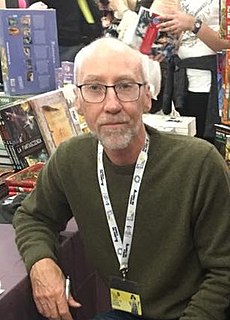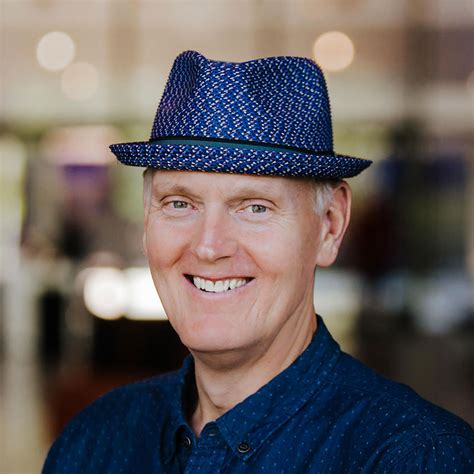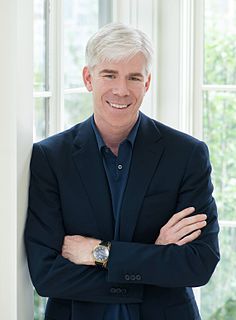A Quote by Pope John Paul II
Faith intervenese not to abolish reason's autonomy nor to reduce its scope for action, but solely to bring the human being to understand that in these events it is the God of Israel who acts.
Related Quotes
Both Faith and Terror are instruments for the elimination of individual self-respect. Terror crushes the autonomy of self-respect, where Faith obtains its more or less voluntary surrender. In both cases, the result of the elimination of individual autonomy is - automatism. Both Faith and Terror reduce the human entity to a formula that can be manipulated at will.
Acts themselves alone are history, and these are neither the exclusive property of Hume, Gibbon nor Voltaire, Echard, Rapin, Plutarch, nor Herodotus. Tell me the Acts, O historian, and leave me to reason upon them as I please; away with your reasoning and your rubbish. All that is not action is not worth reading.
Nor do I take into account a danger of starting a chain reaction of a scope great enough to
destroy part or all of the planet...But it is not necessary to imagine the earth being destroyed like a nova by a stellar explosion to understand vividly the grow ing scope of atomic war and to recognize that unless another war is prevented it is likely to bring destruction on a scale never before held possible, and even now hardly conceived, and that little civilization would survive it.
Engaging the body in acts of being present with God, including certain ceremonial practices, opens us up to God in new ways. People of faith in ancient times understood that such physical acts and practices as rest and worship, dietary restrictions, and mandated fabric in their wardrobes were of great value to their faith and life.
When we unravel the theological tomes of the ages, the makeup of God becomes quite clear. God is a human being without human limitations who is read into the heavens. We disguised this process by suggesting that the reason God was so much like a human being was that the human beings were in fact created in God's image. However, we now recognize that if was the other way around. The God of theism came into being as a human creation. As such, this God, too, was mortal and is now dying.
People think of faith as being something that you don't really believe, a device in helping you believe simply it. Of course that is quite wrong. As Pascal says, faith is a gift of God. It is different from the proof of it. It is the kind of faith God himself places in the heart, of which the proof is often the instrument... He says of it, too, that it is the heart which is aware of God, and not reason. That is what faith is: God perceived by the heart, not be reason.
They are inherently good - the bad reactions aren't basic. Every human being is a child of God and has more good in him than evil - but circumstances and associates can step up the bad and reduce the good. I've got great faith in the essential fairness and decency - you may say goodness - of the human being.
All the wants which disturb human life, which make us uneasy to ourselves, quarrelsome with others, and unthankful to God, which weary us in vain labors and foolish anxieties, which carry us from project to project, from place to place in a poor pursuit of we don't know what, are the wants which neither God, nor nature, nor reason hath subjected us to, but are solely infused into us by pride, envy, ambition, and covetousness.
Time has its revenges, but revenge seems so often sour. Wouldn’t we all do better not trying to understand, accepting the fact that no human being will ever understand another, not a wife with a husband, nor a parent a child? Perhaps that’s why men have invented God – a being capable of understanding.









































